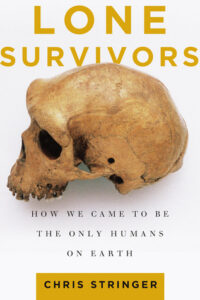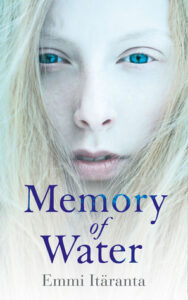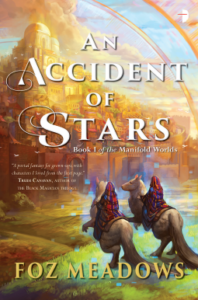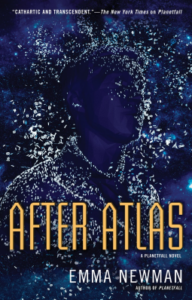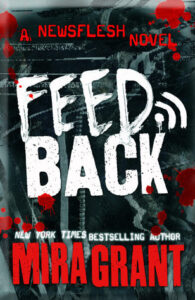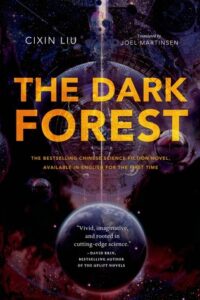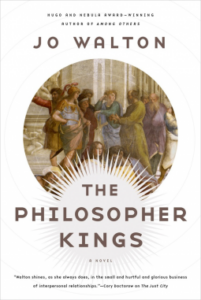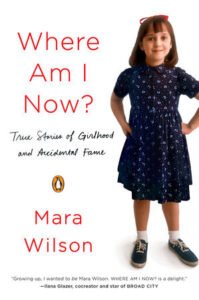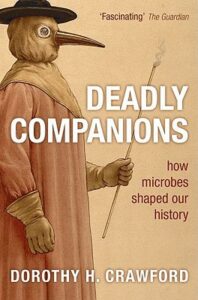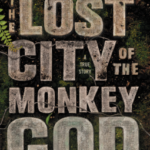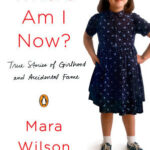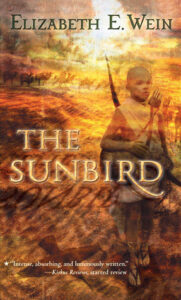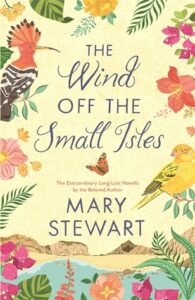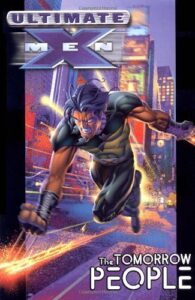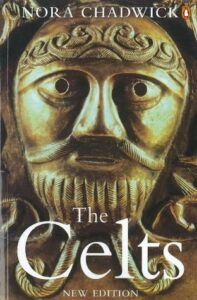Saw this tag out in the wilds of Lucille @ A Dragon in Space‘s blog, and thought, yep! This sounds interesting.
This is my genre, show me yours!
The Rules:
- Credit Drew @ TheTattooedBookGeek as the creator of the tag, either use the created tag name graphic or create your own and link back to my blog.
- Answer the questions.
- Tag as many people as you want.
Because I’m contrary and have no art skills, I am not creating a graphic.
1. What’s your favourite genre?
Probably fantasy. I mean, I’m really eclectic and wander into science fiction, crime/mystery, non-fiction and even romance. But unless I can sneak in sci-fi too by calling it speculative fiction… actually, yes, let’s do that. My favourite genre is speculative fiction.
2. Who’s your favourite author from the genre?
This is a really big ask. I mean, there’s Tolkien, because his work is an enduring love of mine. Well, I faltered a bit as a teen, but then read Ursula Le Guin’s essays and came to appreciate all over again the good parts of The Lord of the Rings, like the wry notes of humour. And then my degree taught me to appreciate the deep background, linguistic brilliance, etc.
And come to that, there’s Ursula Le Guin, whose works were also formative for me.
But if we’re talking whose work I pounce on immediately, I guess we’re at Jo Walton. She is not only an awesome writer who wrote Among Others, a book which reflects my own heart, but she is also a friend and giver of great advice.
3. What is it about the genre that keeps pulling you back?
The sheer variety, I think. One minute I can travel with Bilbo from the Shire, and the next I can travel by sandworm across Arrakis, or struggle to get home from Mars with Mark Watney. There seems to be just about no limit to the different books I could easily lay hand on even in my own collection.
4. What’s the book that started your love for your favourite genre?
That’s an easy one! The Hobbit! I probably wrecked my eyes reading that book — my parents told me I had to sleep and to stop turning my bedside light on. So I read by the light of the streetlamp… two houses away.
5. If you had to recommend at least one book from your favourite genre to a non-reader/someone looking to start reading that genre, what book would you choose and why?
No, no, this is silly, I’d need to know the person and their preferences. You have to tailor your recs, or it makes no sense. But for a lot of people, I might go with Harry Potter. It seems to have been a gateway drug for many, and it’s a pretty pacy, easy read.
6. Why do you read?
Why can’t I stop? Not that I want to.
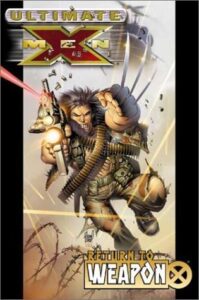 X-Men: Return to Weapon X, Mark Millar, Adam Kubert
X-Men: Return to Weapon X, Mark Millar, Adam Kubert
